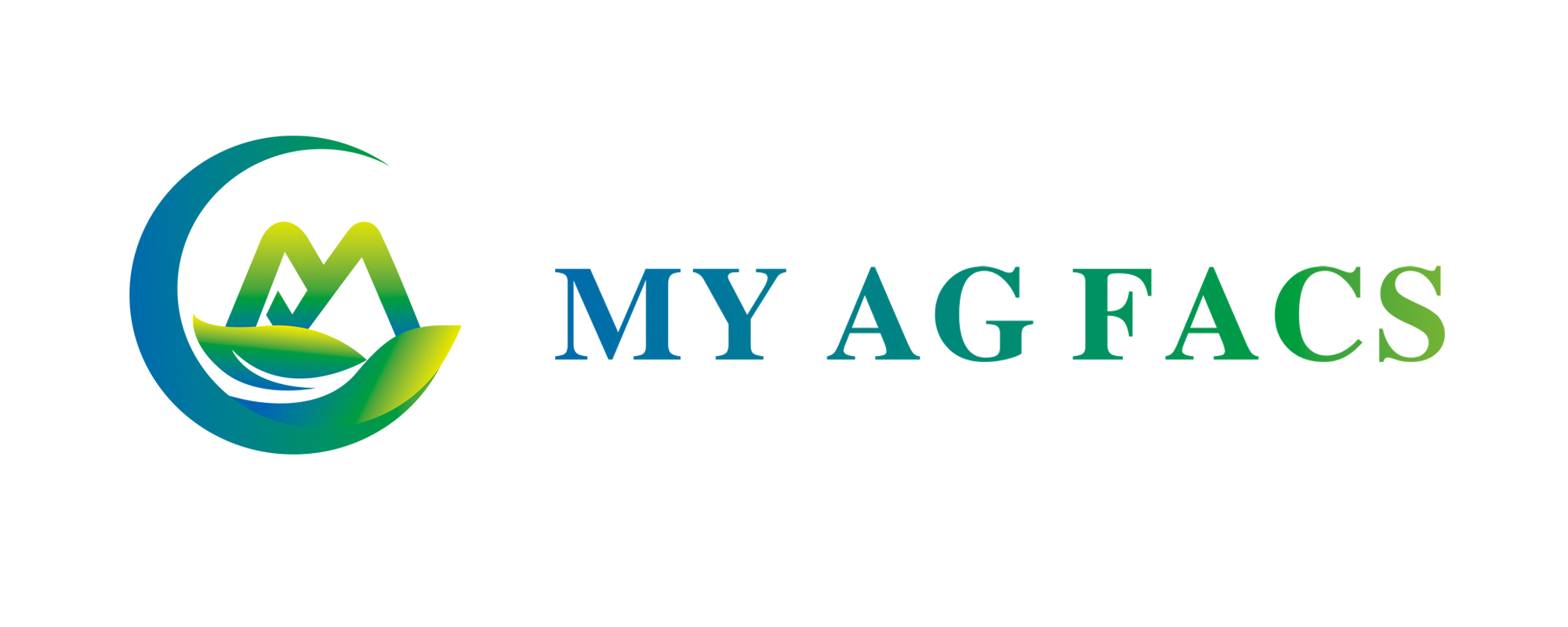
The thickness of agricultural irrigation hose can vary depending on specific circumstances and needs. Typically, the thickness of agricultural irrigation hose can range from 2mm to 10mm, depending on the following factors:
1. Soil type: Different types of soil have different abilities to penetrate and retain water. Where the soil is looser and more permeable, only a thinner strip of water may be needed. And where the soil is firmer and less permeable, a thicker hose may be needed.
2. Plant type: Different plants have different water needs. Certain plants may require more irrigation water and therefore may require a thicker strip of water to meet their needs.
3. Water source and irrigation system: The thickness of the irrigation hose is also affected by the water supply and irrigation system. If the water supply is stable, efficient irrigation can be achieved through thinner strips of water. But if water sources are limited or pressure is low, thicker hose may be needed to ensure adequate moisture delivery to the field.
4. Water hose materials: Irrigation hoses made of different materials have different performance characteristics. Some high-quality hoses can provide good moisture transfer while being thinner, while some lower-quality hoses may need to be thicker to avoid leaks or breaks.
In summary, the thickness of agricultural irrigation hoses needs to be adjusted based on specific conditions and farmland needs. When selecting hose and designing an irrigation system, it is recommended to consult a professional agricultural engineer or irrigation expert to ensure the appropriate thickness of hose is selected to meet irrigation needs.